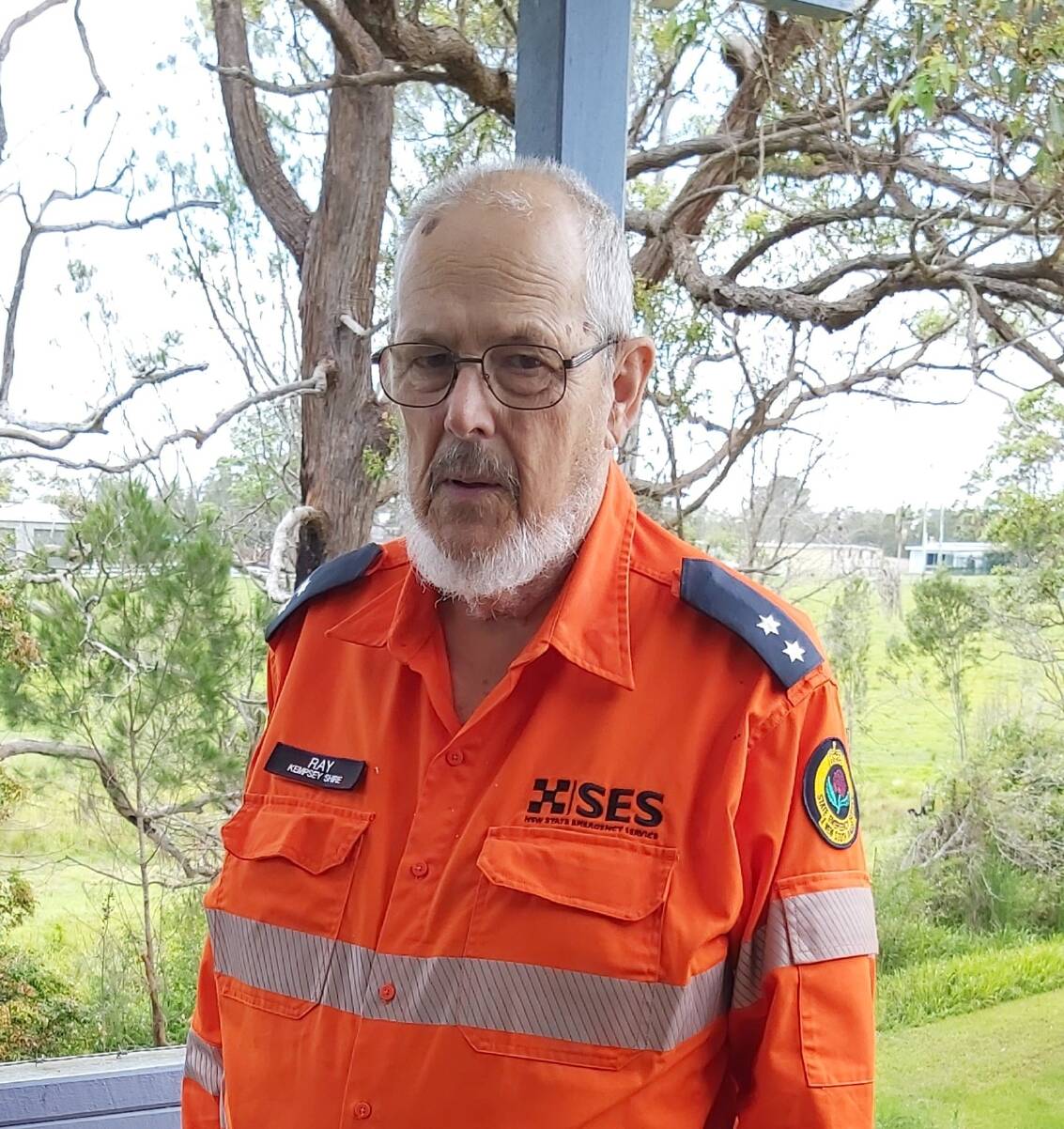
Kempsey SES veteran Ray Walkden felt deeply for those affected by the Greta bus crash when he saw news reports of funerals for the victims.
Mr Walkden was a first responder when two buses collided on the Pacific Highway at Clybucca, near Kempsey, on December 22, 1989.
It was the worst road crash in Australia's history, killing 35 people and injuring 41.
"The funerals, I feel, hit you more than anything else," he said.
The 43-year SES veteran was a duty officer on the day of the Kempsey crash. At age 77, he still holds the role.
"In the days and weeks after the crash, you thought about it," he said.
"We knew they were dead. We were dealing with bodies. We had guys who never came back to the SES since then.
"Some never went anywhere near Clybucca and probably still have a problem talking about it. I'm different."
Mr Walkden benefits from talking about his experiences.
"I'd been doing road rescue for 14 years before the Kempsey accident. We'd seen some horrific accidents," he said.
Nowadays he isn't involved in the difficult job of removing bodies from wreckage, as he mans the truck.
"I still help handle bodies - putting them into body bags for undertakers," he said.
His personal way of processing these experiences is to be "blunt" about them in the right circumstances and treat the dead with dignity and respect.
"I feel that by being blunt, you'll get some of it out of your system easier. But you won't get it out totally," he said.
"You never forget it."
When working at accident scenes, he aims to "do the best I can for those alive and show respect for those that have passed".
"You try to help people. If they have been killed, you do your best to keep the public away from them. There's always rubbernecks.
"You respect their dignity until the undertakers come and take them away."
He does experience flashbacks.
"You go to an accident and think, 'right, OK, not nice'. Bang, that can trigger what I saw at the bus accident."
Other things bring back memories, too.
"It could be a smell, site or something somebody says," he said.
He tries to be philosophical about it. He thinks: "you've been there, done that and life goes on".
"You've also got to have good people behind you. I have a very understanding wife. You talk to your family but, if they can't take what you're talking about, there are people to talk to.
"We have psychologists and ministers there to help. They calm you down. If you want to talk or don't want to talk, they do a fantastic job by just listening."
WHAT DO YOU THINK? Join the discussion in the comment section below.
Find out how to register or become a subscriber here.







